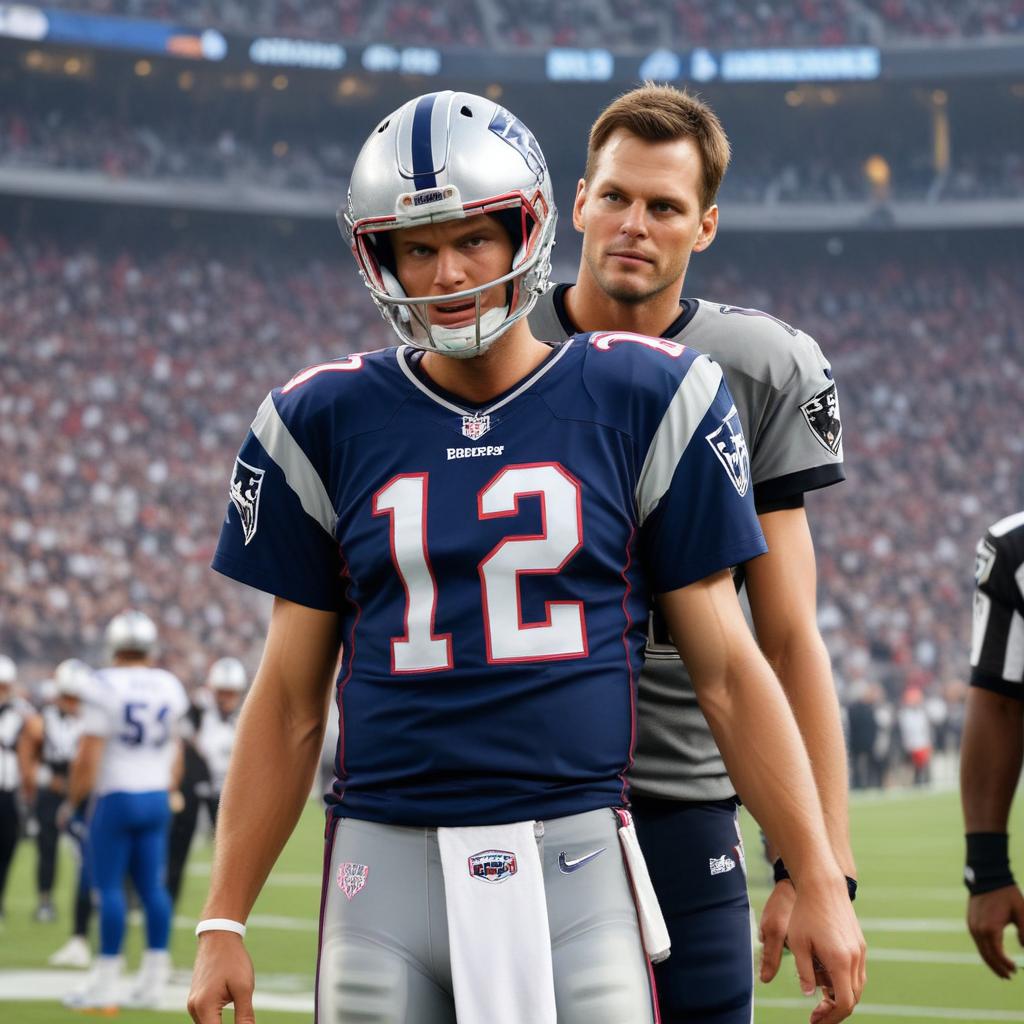Tom Brady's post-retirement role as the de facto football czar for the Las Vegas Raiders has led to a catastrophic season, leaving the team directionless and unwatchable due to a series of backfired decisions made under his influence.
After a legendary 23-season NFL career, Tom Brady has ventured into diverse post-retirement activities, but his most significant role as the de facto football czar and minority owner of the Las Vegas Raiders has proven disastrous. While officially a minority owner in 2024, Brady was responsible for crucial offseason decisions that have plunged the Raiders into a 2-9 record, making them the league's most hapless and confused franchise. Brady's questionable moves include hiring his college friend John Spytek as general manager, approving Pete Carroll's roster strategy (which involved trading for Geno Smith and drafting a running back high despite a weak offensive line), bringing in Chip Kelly as the highest-paid offensive coordinator (who was later fired), and entrusting the offensive line to Carroll's son. The team now exhibits an outdated defensive philosophy, a struggling quarterback, and a non-existent run game, lacking the focus Brady displayed as a player. Unlike other rebuilding teams, the Raiders are not developing young talent and lack a clear plan or identity, raising questions about the future leadership and decision-making between Brady and majority owner Mark Davis. The article also touches on other NFL highlights, including Jahmyr Gibbs' MVP-level performance for the Lions, Dak Prescott's record-breaking comeback for the Cowboys, TJ Watt surpassing his brother in career sacks, Jaxon Smith-Njigba's historic receiving season for the Seahawks, Mike Kafka's aggressive interim coaching for the Giants, Matthew Stafford's strong MVP campaign, and JJ McCarthy's struggles for the Vikings.



